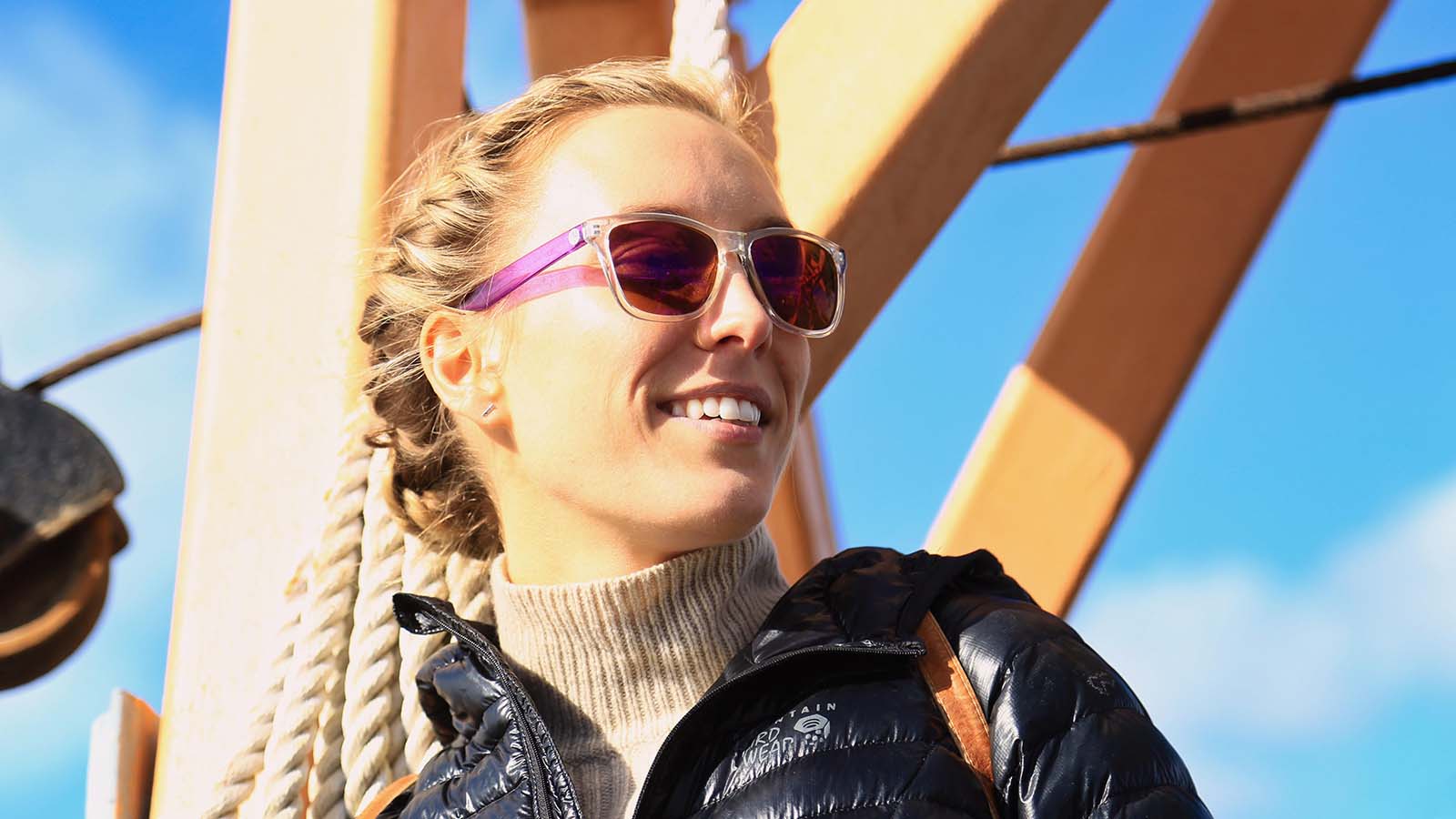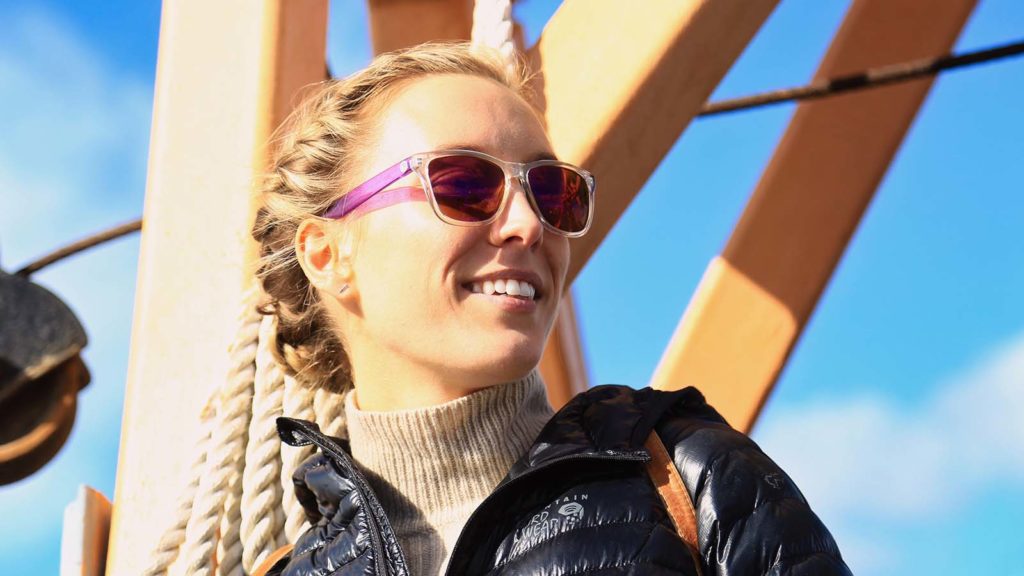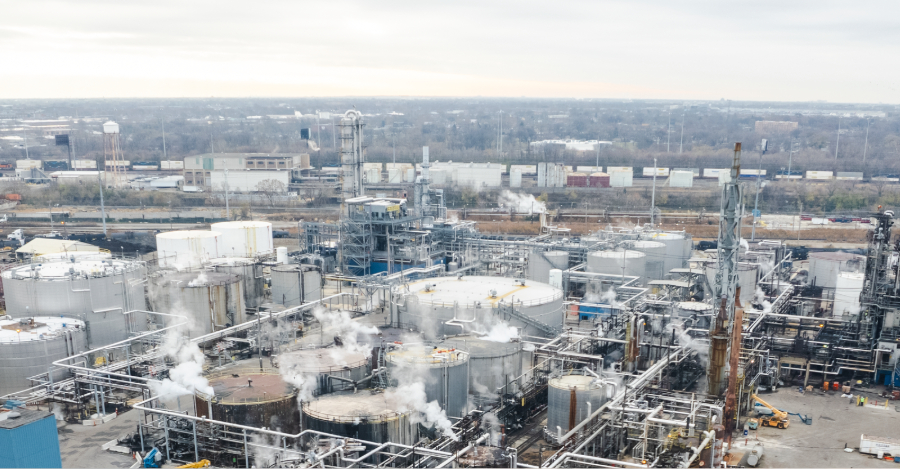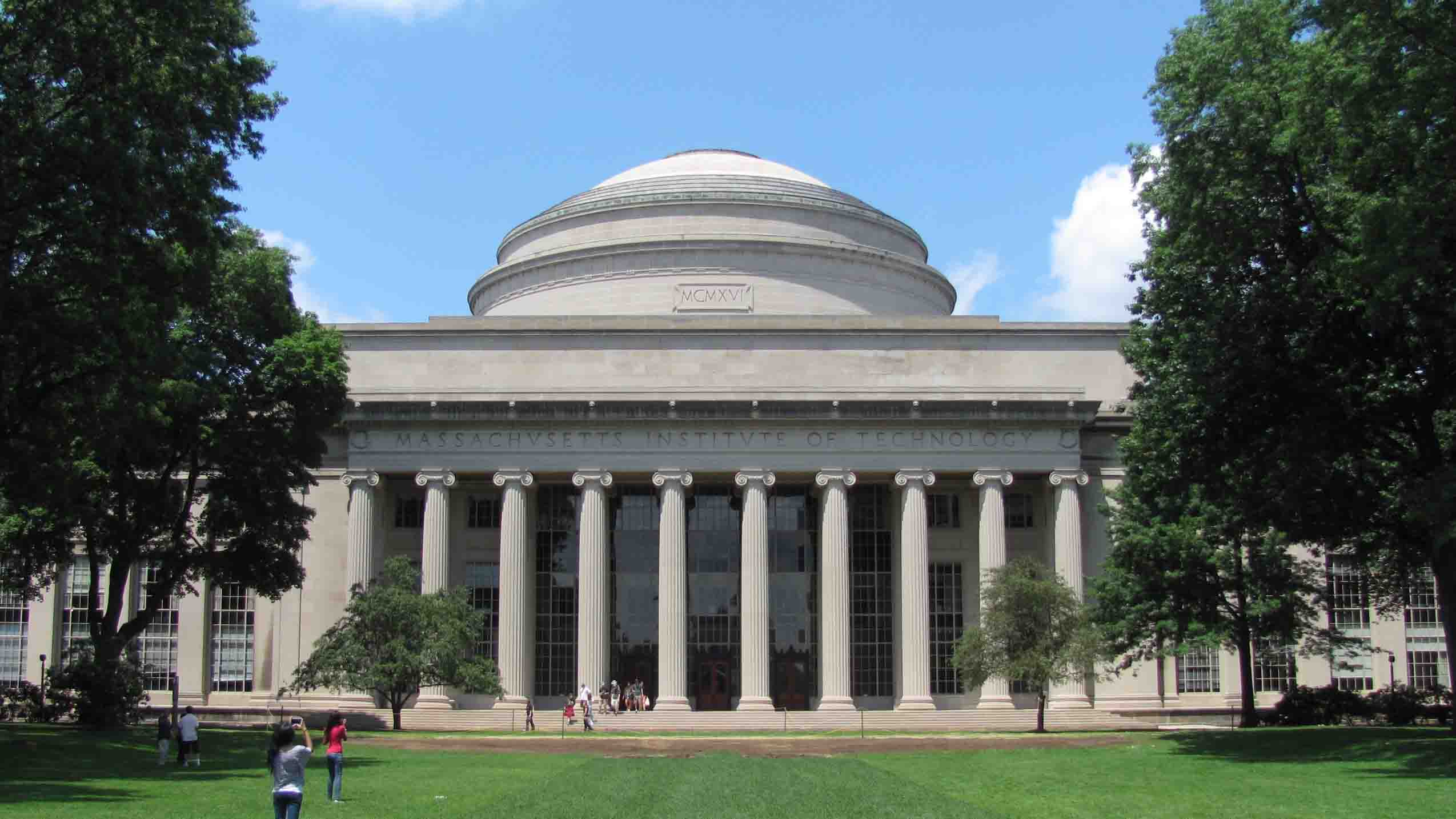
This is the tenth in a series of profiles of the 2017-18 Knight Science Journalism fellows, written by students in MIT’s Graduate Program in Science Writing.
It can be upsetting to be told you have a government microchip in your brain. But compared to the other inexplicable statements Caty Enders encountered at Cliven Bundy’s ranch in Bunkerville, Nevada, in 2014, the writing on a sedan seemed relatively restrained: “Google doctors that remove microchips.”
Enders had traveled to Bundy’s ranch to pursue an environmental story for NPR. She was reporting on how the clash between ranchers and the federal Bureau of Land Management stemmed from a long history of flawed water management in the West. Instead, she found a group of militia members accusing the bureau of conspiring with Sen. Harry Reid, the U.N., and Chinese solar farms. Enders was perplexed. “The people who were there had reason to be angry,” she said, “but those reasons were not actually connected to the anger they were acting out.” The piece for NPR never materialized. She ended up writing a shorter story for Esquire detailing some of the absurd beliefs that were spiraling through the Bundy camp.
Enders never intended to be a journalist. With four generations of scientists in her family and a passion for big mountains, a career as a field biologist seemed inevitable. After taking a poetry class in her first semester at Northwestern, however, Enders decided to buck family tradition and major in creative writing. The professor, Mary Kinzie, accepted her as a research assistant and inspired her growth as a writer: “She made me realize that, through writing, I never had to study just one thing and work on that for the rest of my life.”
Enders’s path as a writer led to a fascination with radio journalism and a semester at the Salt Institute for Documentary Studies before landing her first internship at “Here & Now,” a co-production of NPR and WBUR in Boston. Since then she has worked as a freelance radio producer and writer, an editor for Outside magazine, and most recently as series editor and supervising producer for podcasts at The Guardian’s U.S. edition. The experience at the Bundy ranch, however, remains in her mind. “It’s certainly not the best story I’ve ever written,” she explains, “but it stuck with me because I think it foreshadowed a lot of what’s going on in the country in ways that I didn’t anticipate that the time.”
As a 2017-18 Knight Science Journalism fellow, Enders finally has a chance to dig deeper into that story. She is spending the fellowship investigating how we determine what is real and looking for the answers that have been eluding her since 2014. “I think it’s a thread that runs through all of the work that I do,” she said. “For a lot of journalists, I think you grapple with the problem of chasing — of how to deal with — misinformation.”
She hopes that what she finds will be illuminating for both her and her audience. “I like demystifying things for readers and I like tackling difficult subjects,” Enders says. “You sort of have that inherently in science stories.”





Leave a Reply